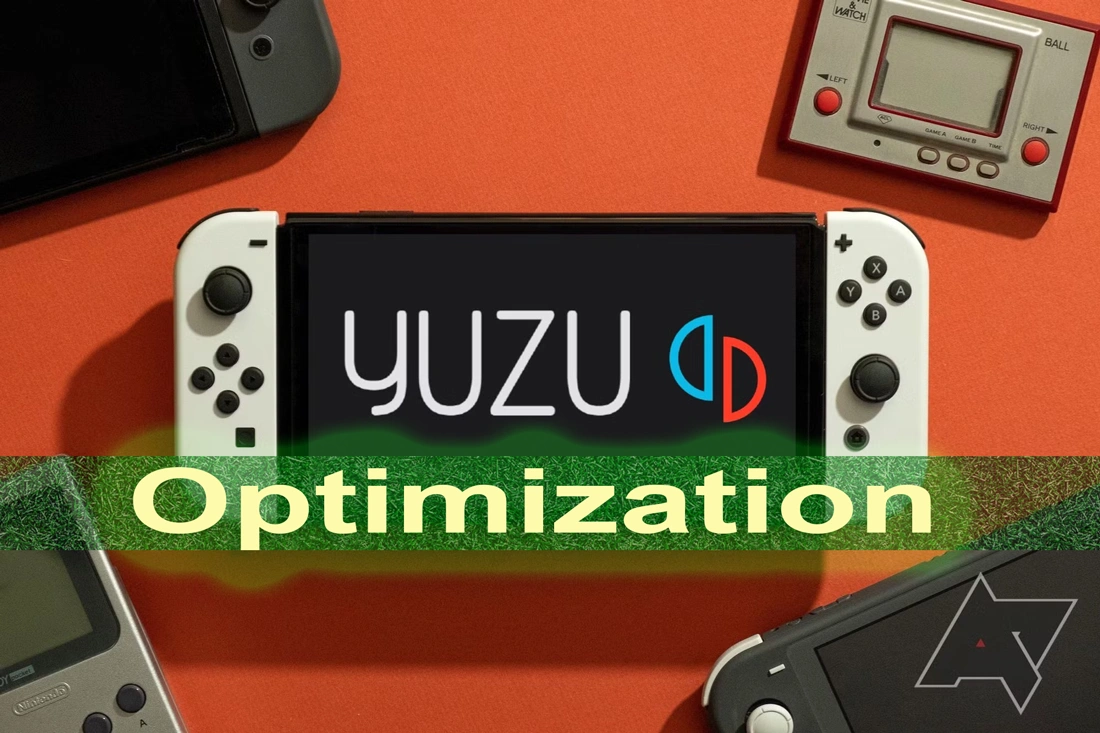Yuzu is a powerful Nintendo Switch emulator, but performance issues like lag, stuttering, and low FPS can disrupt gameplay. Optimizing your settings and hardware can significantly improve speed and stability. Follow these best practices for a smoother gaming experience.
Quick Optimization Table
| Issue | Cause | Solution |
|---|---|---|
| Low FPS | Outdated Yuzu version | Update Yuzu to the latest version |
| Game stuttering | Shader compilation issues | Enable Asynchronous Shader Compilation |
| Slow load times | Using an HDD | Switch to an SSD |
| Crashes | Outdated GPU drivers | Update GPU drivers |
| Laggy gameplay | High background CPU usage | Close unnecessary apps |
1. Keep Yuzu and Firmware Updated
Keeping Yuzu and your firmware updated ensures better performance, stability, and game compatibility. Updates fix bugs, improve speed, and add new features. Regularly updating Yuzu, Switch firmware, and prod.keys helps prevent crashes and lag.
Regular updates improve performance and fix bugs. To update:
- Open Yuzu > Help > Check for Updates.
- Download and install the latest version.
- Update Switch firmware and prod.keys for better compatibility.
2. Enable Asynchronous Shader Compilation
Shader compilation can cause stuttering and lag in Yuzu. Enabling asynchronous shader compilation helps preload shaders efficiently, reducing slowdowns. This improves overall gameplay smoothness and makes games run more consistently without frequent frame drops.
Reducing shader stuttering helps smooth gameplay. To enable:
- Open Yuzu > Configure > Graphics > Advanced.
- Enable Asynchronous GPU Emulation and Disk Shader Cache.
- Restart Yuzu for changes to apply.
3. Optimize CPU Settings
Yuzu’s CPU settings directly impact performance and stability. Adjusting them can boost speed and reduce lag. Enabling multicore emulation and setting CPU accuracy to Auto or Unsafe helps optimize gameplay for smoother performance.
Yuzu’s CPU settings impact speed. Adjust for better performance:
- Set CPU Accuracy to Auto for stability.
- Change to Unsafe for extra speed (may cause issues).
- Enable Multicore CPU Emulation for smoother performance.
4. Adjust Graphics Settings
Optimizing graphics settings can significantly improve Yuzu’s performance. Choosing the right API, lowering resolution scaling, and enabling GPU high-performance mode can boost FPS. Adjust these settings to reduce lag and enhance gameplay smoothness.
Lowering settings can improve FPS and reduce lag:
- Set API to Vulkan (best for AMD GPUs) or OpenGL (better for NVIDIA).
- Reduce Resolution Scaling to 1x for better performance.
- Enable GPU High Performance Mode in your graphics settings.
5. Update GPU Drivers
Outdated GPU drivers can cause lag, crashes, and poor performance in Yuzu. Keeping them updated ensures better compatibility, improved FPS, and fewer graphical glitches. Regular updates help Yuzu run games more smoothly and efficiently.
Outdated drivers can cause lag and crashes. Keep them updated:
- NVIDIA: Download the latest drivers.
- AMD: Update your drivers.
- Intel: Check for updates.
6. Close Unnecessary Background Processes
Background apps consume system resources, slowing down Yuzu. Closing unnecessary processes frees up CPU, RAM, and GPU power for better performance. Disabling Windows Game Mode and background applications helps reduce lag and improve gameplay smoothness.
Background apps consume system resources, affecting Yuzu’s performance:
- Open Task Manager (Ctrl + Shift + Esc).
- Close high CPU, RAM, or GPU usage apps.
- Disable Windows Game Mode in Settings > Gaming > Game Mode.
7. Use an SSD for Faster Load Times
Running Yuzu on an SSD improves loading times and reduces lag. HDDs are slower, causing delays and stuttering. Moving Yuzu and game files to an SSD ensures faster data access and smoother gameplay.
Running Yuzu on an SSD reduces lag and improves load times:
- Move Yuzu and game files to an SSD for faster access.
- If using an HDD, defragment it to improve performance.
Conclusion
Optimizing Yuzu requires the right settings and hardware. Updating Yuzu, adjusting CPU and graphics settings, and using an SSD can significantly boost performance. Follow these best practices for smooth gameplay. If issues persist, check forums for additional solutions.
